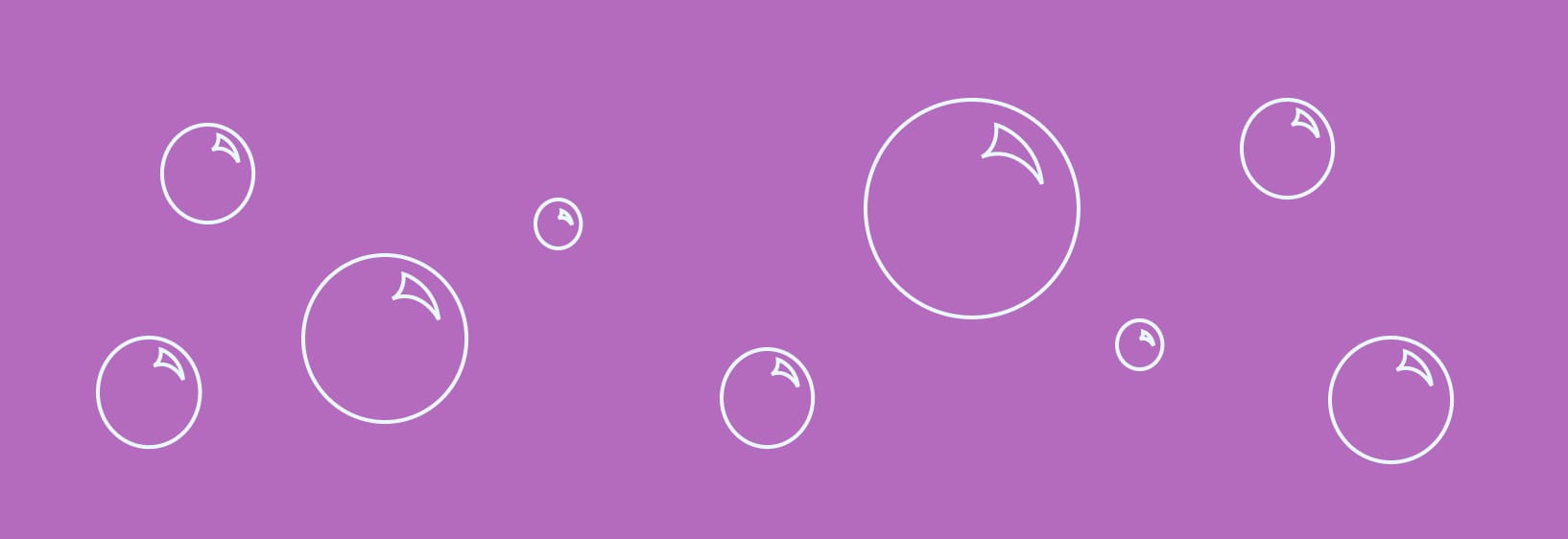Is Your Child a Future Swimmer or Diver for a Worldwide Athletic Competition?
Aug 16, 2021
We all have swimming and diving on the brain because of the amazing swim and dive teams that competed in Tokyo, Japan, recently. The United States has taken home the most medals in swimming with 30 total (10 more than the next country Australia). America won the most gold, silver, and bronze medals and finished on the top podium 11 times. The diving team also did well by winning three medals, finishing second behind China’s six.
Professional swimmers who competed during the summer events may give you the impression that diving and swimming looks easy, but they’ve trained for many years to accomplish this level of skill. Anyone who has ever raced with their friends in a swimming pool knows how hard it is to move efficiently in the water. Most casual swimmers in a recreational setting do not use good swimming techniques, so it’s a treat every four years to see what proper form looks like.
All the impressive athletes didn’t wake up one morning being able to do everything that you see them do on TV or the internet. They had to start somewhere, just like us. The basics of learning to swim can be a building block to professional swimming or diving for any child.
“This type of summer is my favorite because it draws attention to the sport that has given me so much,” said Keilah Grosze, former Emler student and swim team member of Texas Christian University in Fort Worth, Texas. “Swimming instilled in me the lifelong lessons of determination, endurance, teamwork, and physical fitness.”
If your kid is currently pretending that they are swimming in a race or doing a medal-winning dive, consider signing them up for traditional swim lessons. The physical activity and exercise alone are an important aspect to their health, as well as learning values such as discipline, hard work, and commitment. Swimming is especially important for helping kids get the wiggles out so they can concentrate better!
There are definite cognitive development benefits of regular swim lessons as well. A lead researcher into the subject, Professor Robyn Jorgensen, discovered that the children were anywhere from “6 to 15 months ahead of the normal population when it came to cognitive skills problem-solving in mathematics, counting, language, and following instructions.” Swimming helps build brains as well as muscles and proper swim skills.
Not everyone will become a competitive swimmer, but the main reason we want all children to learn how to swim is to help prevent drowning. One study showed that having formal swimming lessons was associated with an 88% reduction in the risk of drowning in 1- to 4-year-old children. At Emler, we strive to use our award-winning, year-round approach to allow kids to learn and apply their skills to help make your child a safer swimmer. Emler teaches more than 45,000 students a year the skills they need to swim safely in any body of water, and those skills go a long way toward preventing drowning incidents.
Learn more about Emler and their amazing swim school program by tuning into one of our live virtual information sessions.



